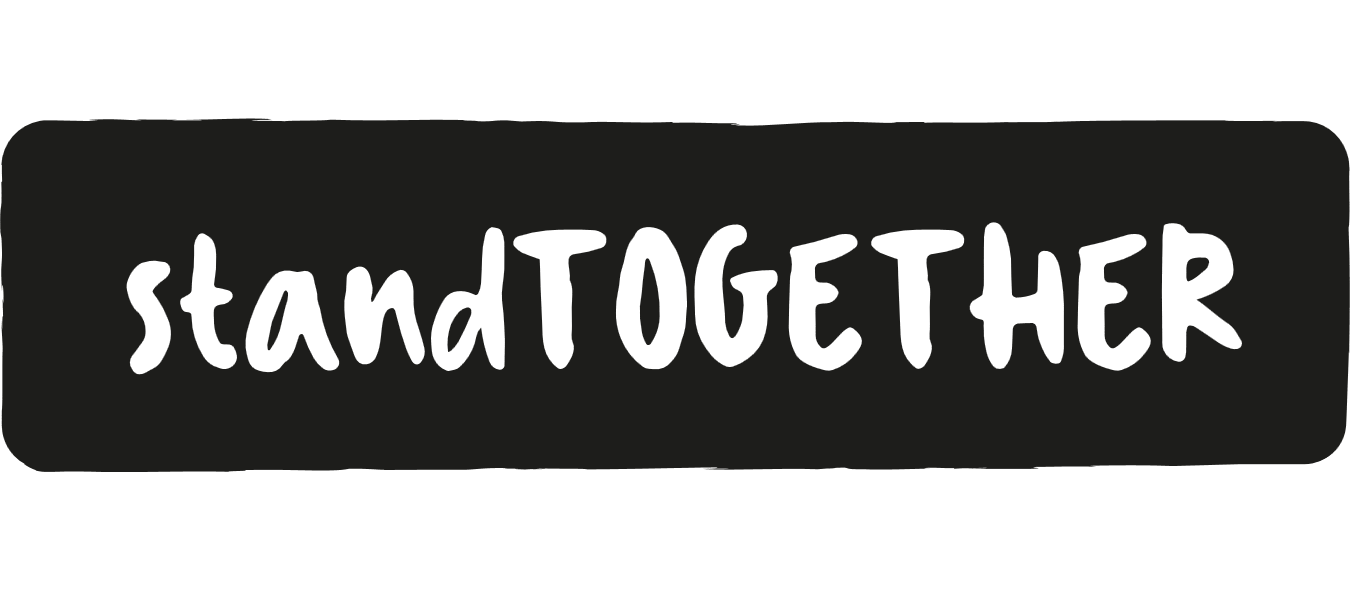The Indian government is currently led by the Hindu nationalist Bharatiya Janata Party. At the beginning of December India passed the Citizenship Amendment Bill (CAB) which provides citizenship to religious minorities (Hindu, Sikh, Buddhist, Jain, Parsi and Christian) from Pakistan, Bangladesh and Afghanistan. The government have said the bill will give “sanctuary to people fleeing religious persecution”. However, there has been widespread criticism of the bill saying it is part of the party’s agenda to marginalise Muslims.
The United Nations have expressed their concern: “Although India’s broader naturalization laws remain in place, these amendments will have a discriminatory effect on people’s access to nationality”, said Jeremy Laurence, a spokesperson with the Office of the UN High Commissioner for Human Rights.
During December 2019 there were protests reported by the media which showed people across India condemning the government’s actions. The protests were led by Muslims, those supporting Muslims, and others from people who live on the borders of India. The people who live on the borders of the country feel the Amendment will result in an increase in migration to their areas. The bill has received criticism from opposition as it violates the country’s secular constitution. The constitution forbids religious discrimination against Indian citizens, and guarantees all persons equality before the law and equal protection of the law. The new Amendment however brings religion as a focus of citizenship requirements which violates the cores of the constitution.
On 8th January 2020 the largest-ever strike happened in India where an estimated 250 million workers went on strike to protest against the government’s economic policies and divisive politics. The strike included workers from industries, coal, steel, oil, bankers, transport, ports, government offices, scheme workers, farmers and rural labourers. In addition private industries also took part from engineering, automobiles, transport, metals, textiles and power amongst others. This caused disruption across the country with many trains, buses and taxis not working and services forced to close. Over 60 universities and their affiliated colleges took part with thousands of students joining in protest marches and boycotting classes.
Despite the government warning public sector employees to not participate in the strike their warning was ignored. As Newsclick reported “Demands of the striking workers/employees include increase in minimum wages, reining in rising prices, policies to curb raging joblessness, rollback of hostile labour law changes, end to public sector sell-off, curbing contract and casual work.”
However, the other demand from the strikers is for the withdrawal of the communal citizenship laws and to end attacks on protesters and minorities. So far, the government have not conceded and protests are expected to continue.
This video from DW News goes into more detail about the CAB protests:

Leave a Reply